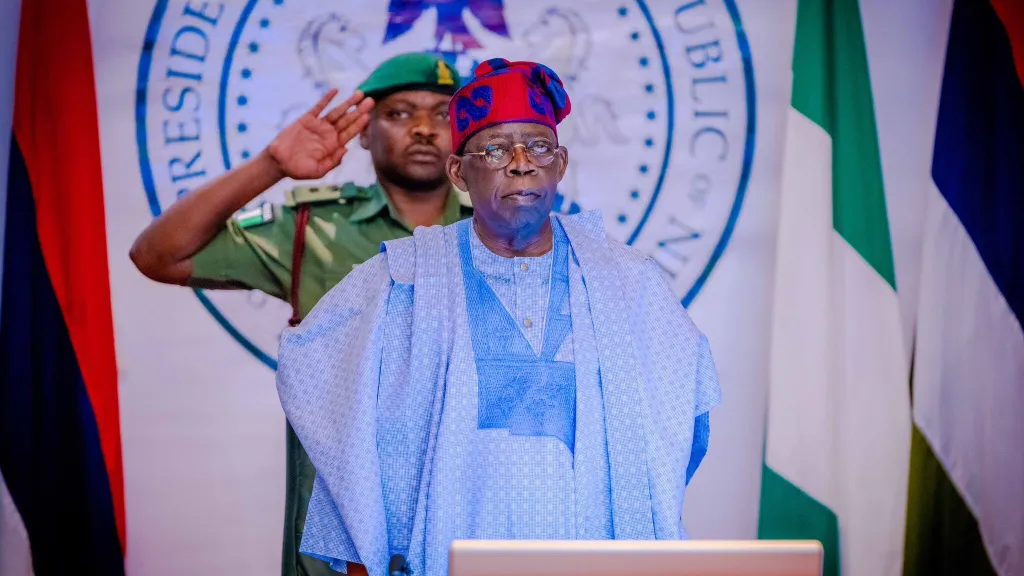By Asmau Ahmad with agency report
Nigeria’s President Bola Ahmed Tinubu on Friday announced the creation of a new infrastructure fund, part of a series of measures to boost the economy and ease the inflationary impact of his decision to scrap an expensive petrol subsidy.
The new Infrastructure Support Fund (ISF) will help Nigeria’s 36 states revamp transportation, including upgrades of farm-to-market roads. It will also fund health, education, power and water projects, the president’s office said in a statement, without providing details of how it will be funded.
The fund “will improve economic competitiveness, create jobs and deliver economic prosperity for Nigerians,” spokesman Dele Alake said in the statement.
The announcement comes a day after a programme to distribute free grains and subsidized fertilizer, was unveiled. It will be managed by the central bank.
Tinubu has been under pressure to offer relief to households and small businesses after he scrapped a popular but expensive petrol subsidy that kept prices cheap for decades but cost the government $10 billion last year, leading to wider deficits and driving up debt.
Labour unions in particular have criticized government’s ending of the fuel subsidy without measures to mitigate rising prices.
In another measure to ease inflation, Nigeria also plans to freeze 790 billion naira ($997.47 million) of 1.9 trillion naira of federal revenue that had been due to be shared among its three tiers of government in June, Alake said.
Distributable revenue among the tiers of government almost tripled after the removal of the subsidy and a move to liberalise the exchange rate.
Inflation, which has been in double-digits since 2016, in June climbed further to 22.79%.




